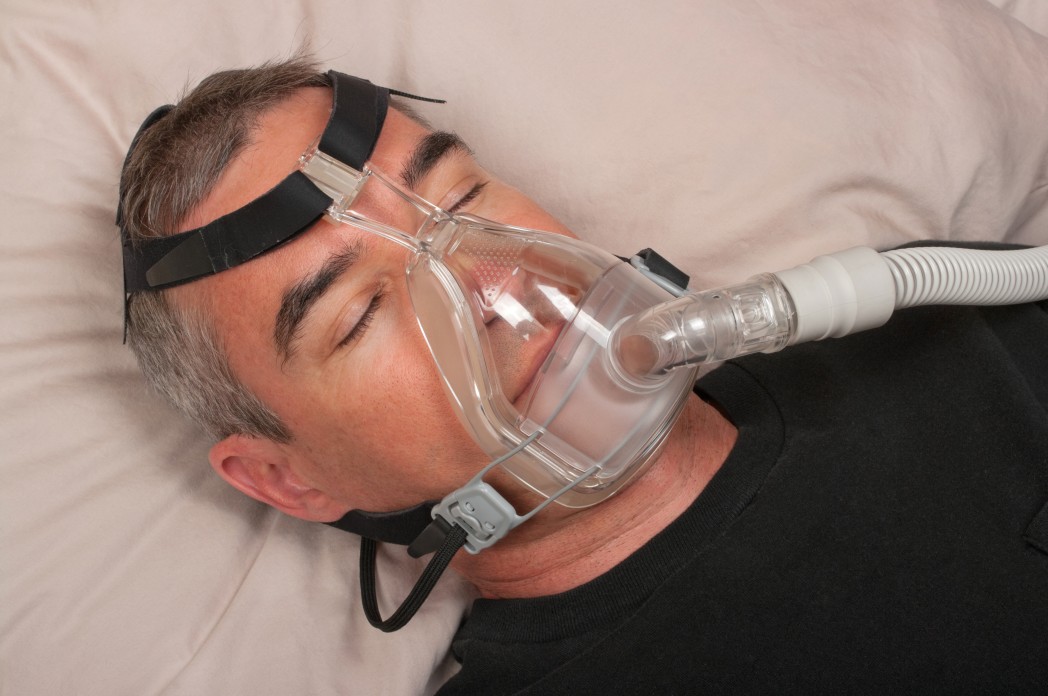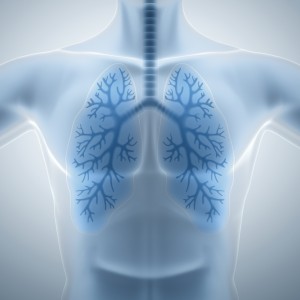Ongoing Clinical Trial Testing Non-Invasive Ventilation in ALS Patients in Canada

 A clinical trial led by Dr. Marta Kaminska from the McGill University Health Center in Canada is currently recruiting participants to enroll in a study to assess the use of non-invasive home ventilation by patients with amyotrophic lateral sclerosis (ALS) using the iVAPS mode. The study is entitled “Initiation of Long-term Home Non-invasive Ventilation in Amyotrophic Lateral Sclerosis (ALS) Using the iVAPS Mode During a Daytime Trial” and the clinical trial identifier is NCT01746381.
A clinical trial led by Dr. Marta Kaminska from the McGill University Health Center in Canada is currently recruiting participants to enroll in a study to assess the use of non-invasive home ventilation by patients with amyotrophic lateral sclerosis (ALS) using the iVAPS mode. The study is entitled “Initiation of Long-term Home Non-invasive Ventilation in Amyotrophic Lateral Sclerosis (ALS) Using the iVAPS Mode During a Daytime Trial” and the clinical trial identifier is NCT01746381.
ALS is a progressive neurodegenerative disease that affects nerve cells (neurons) in the brain and spinal cord. It is characterized by the gradual degeneration of motor neurons that are responsible for controlling voluntary muscles, such as the ones involved in movement, speaking, eating, and even breathing. ALS patients may become totally paralyzed and the majority dies due to respiratory failure. There is no cure for ALS.
The American Academy of Neurology (AAN) recommends the use of home non-invasive ventilation as the standard-of-care in ALS patients experiencing worsening of the symptoms or declining respiratory function. Optimization of the ventilation system is a priority in terms of improvement of physiological variables and symptoms aiming at better comfort for the patient and compliance with therapy.
The Intelligent Volume-Assured Pressure Support (iVAPS) corresponds to a ventilator mode on the Stellar 150 ventilator (Resmed) based on an algorithm for the alveolar ventilation. This system has a learning mode that is capable of determining the optimal settings to start ventilation, and also an adaptive mode that allows it to continuously monitor the spontaneous ventilation of the patient and adjust the parameters of pressure support accordingly to maintain alveolar ventilation.
This is a randomized clinical study to assess the efficacy and safety of the new iVAPS mode of ventilation in comparison with the traditional Bilevel ventilation in spontaneous/timed mode (BiST). The feasibility of the employment of long-term non-invasive home ventilation with the Stellar 150 iVAPS mode in ALS patients will be assessed, and the primary outcome measure is the number of respiratory therapist interventions required during a follow-up period of one year. These interventions refer to any required visit from the respiratory therapist due to a patient complaint or for essential alterations to the ventilator settings. Questionnaires regarding patients’ symptoms will be conducted and the comfort and ease of use of the system will be assessed, as well as overnight oximetry (to measure oxygen levels) and transcutaneous capnography (to measure carbon dioxide levels). The therapist will perform scheduled home visits to the patient after 1 week and then at 1, 6 and 12 months after therapy. The data recorded on the ventilator memory will also be assessed to determine compliance and patient-centered outcomes.
The hypothesis of the researchers is that the iVAPS mode will induce a decrease in the number of respiratory therapist interventions and alterations in the ventilator settings in comparison with the BiST mode.
ALS patients of both genders aged 18 or older, eligible for home ventilation and referred to the National Program of Home Ventilatory Assistance (NPHVA) at the Montreal Chest Institute are eligible for this clinical trial. A ventilator and a mask will be provided to each patient.
The research team hopes to enroll 30 participants. Contact Dr. Marta Kaminska at [email protected] for more details.






